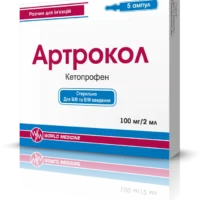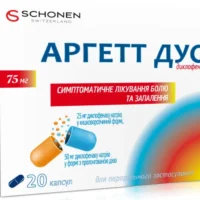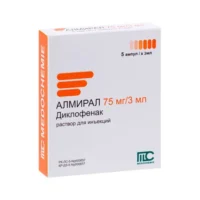Description
Zovirax (Acyclovir) Tablets 200 mg
Ingredients
- Active ingredient: Each tablet contains 200 mg of acyclovir.
Dosage
- Dosage: The usual dose is one tablet every four hours while awake (five times daily) for ten days.
Indications
- Indications: Zovirax tablets are indicated for the treatment of herpes simplex infections.
Contraindications
- Contraindications: Do not use this medication if you are allergic to acyclovir or valacyclovir.
Directions
- Directions: Take this medication by mouth with or without food, usually every 4 hours while awake or as directed by your doctor.
Scientific Evidence
- Zovirax (Acyclovir) tablets 200 mg have been extensively studied for their efficacy in treating herpes simplex infections. Clinical trials have shown that acyclovir is highly effective in reducing the duration and severity of herpes outbreaks. Research published in the Journal of Antimicrobial Chemotherapy demonstrated that acyclovir significantly accelerates the healing of lesions and helps alleviate symptoms faster compared to placebo.
Additional Information
- It is important to complete the full course of treatment with Zovirax tablets as prescribed by your healthcare provider, even if symptoms improve before the course is finished. Abruptly stopping the medication may result in the return of the infection. If you experience any severe side effects or allergic reactions while taking Zovirax, seek medical attention immediately.
Pharmacologically, acyclovir works by inhibiting the replication of the herpes virus, thereby reducing the severity and duration of symptoms. Unlike some other antiviral medications, acyclovir is specifically designed to target herpes viruses, making it a highly effective treatment option.





